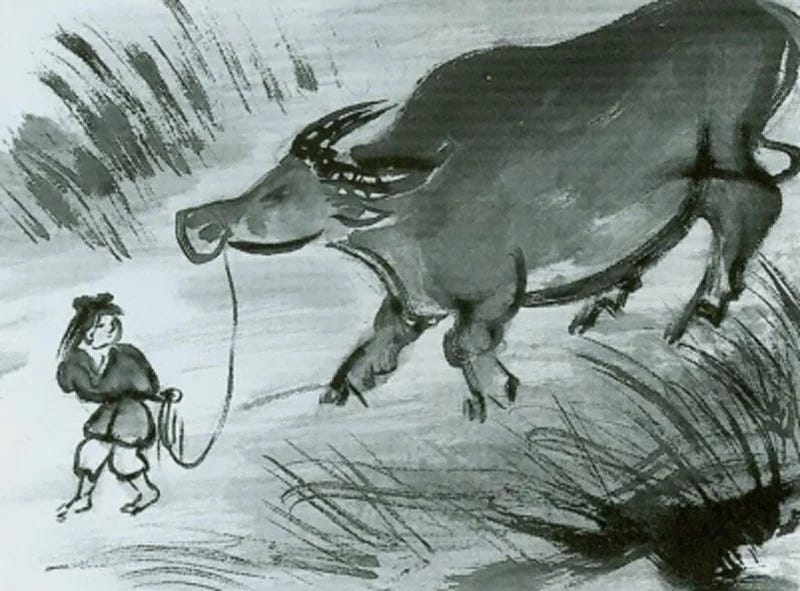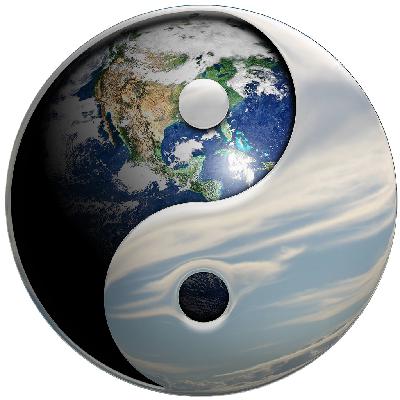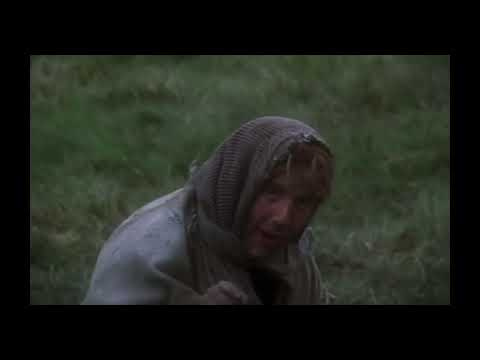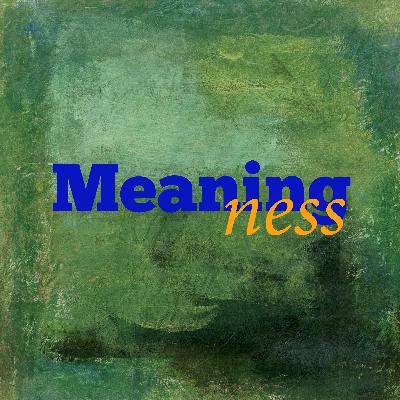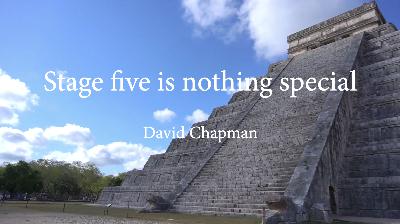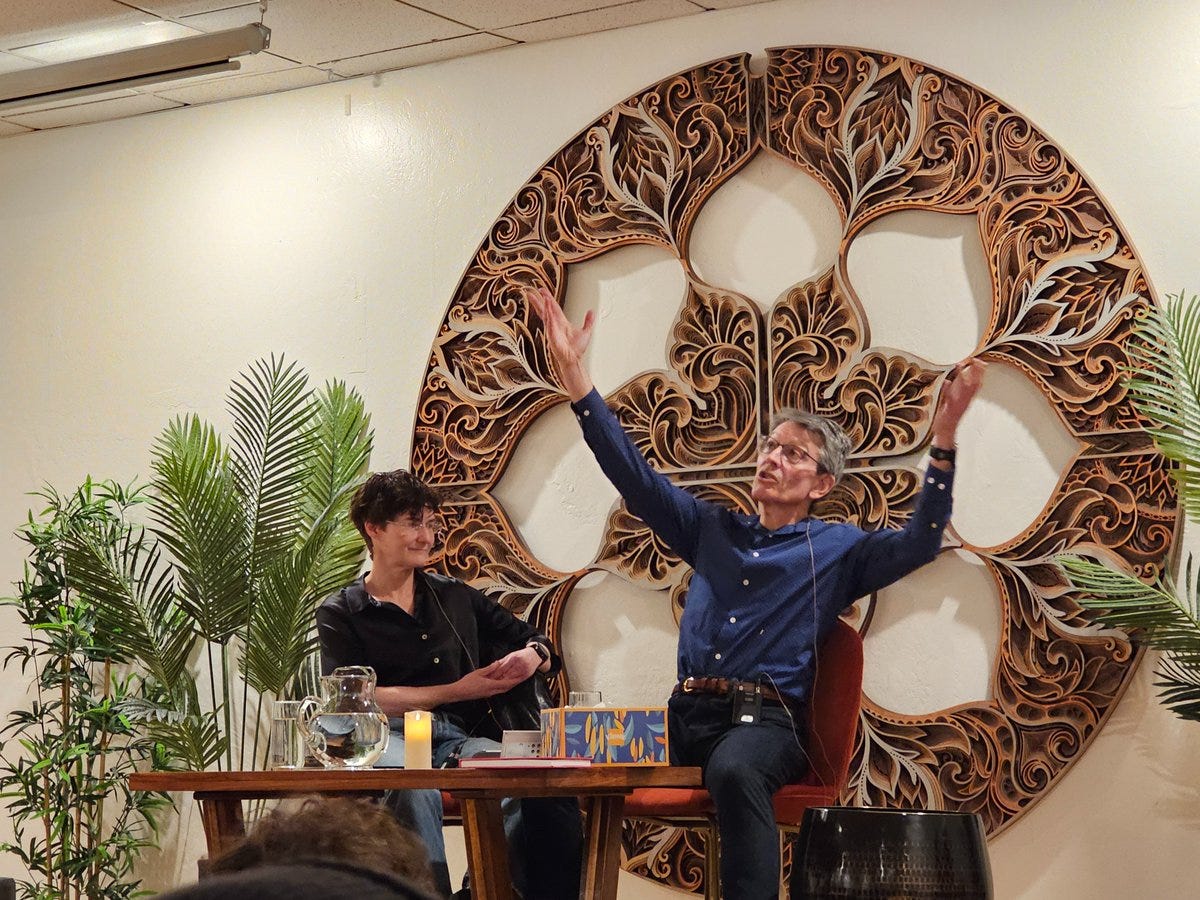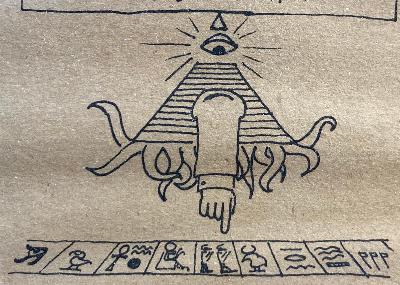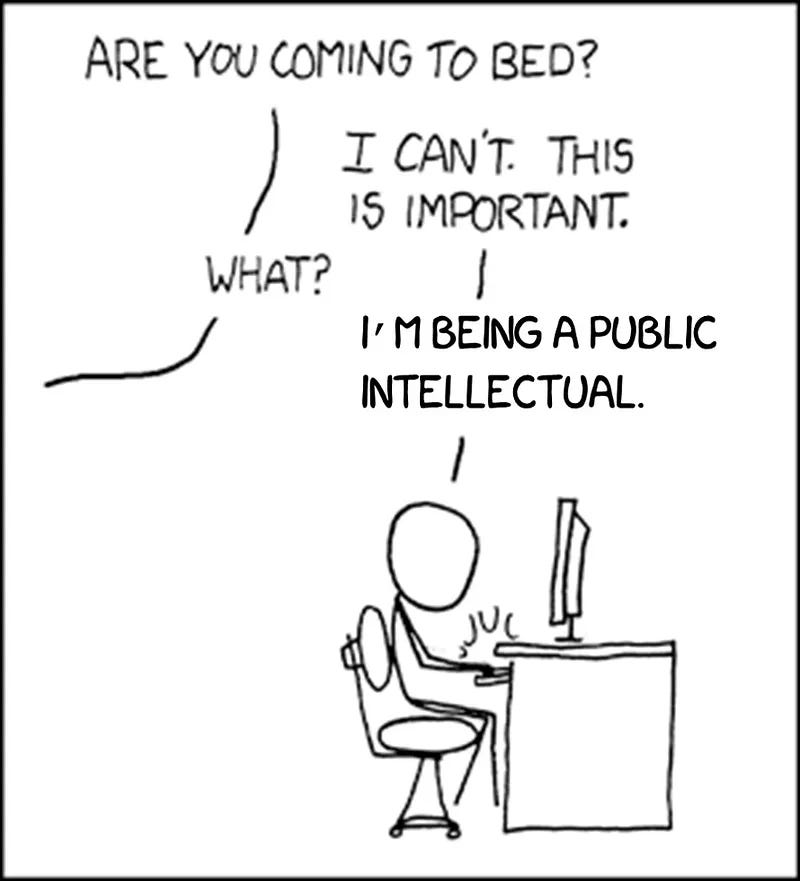Vajrayana, Ultraspeaking, and adult stage transitions
Description
Following our earlier conversation about Ultraspeaking and Vajrayana, we add adult developmental stage theory to the mix: three transformational frameworks in synergy.
We recorded this when Charlie was in Berlin on a Chinese martial arts retreat. Charlie had had been away from home for more than a month, after teaching several Vajrayana retreats in New York. The video signal was not good, so this is audio only.
Transcript
Charlie: I was thinking about the kinds of changes that occur through this kind of practice that we’re talking about, changing ways of being and communication; and how that can be seen through a lens of adult development as well, which is something that you and I are both very interested in, that I’ve trained in as well.
I think both Ultraspeaking and Evolving Ground have the potential to facilitate development from what you might call a socialized mode into self-authorship; and for some, from self-authorship into self-transforming mode. Or at least to play a part in that developmental journey.
David: Just to interrupt, the modes you’ve just described are the ones labeled three, four, and five in many systems, like Robert Kegan’s.
Charlie: Yes, that’s right. So in socialized mode, one of the characteristics of finding yourself in that way of being—which we all do in certain contexts—is a heightened concern with how others might think of me, or more emphasis on fitting into an external, accepted, rightness or role, like that is the right role, and it would be wrong to behave contrarily to that. So these are different ways in which a socialized mode can constrain a way of being.
And Ultraspeaking facilitates exploding through that, because you can practice putting aside what other people think of me, you can become more and more aware of how you constrain yourself by concern for what other people think, and practice stepping into a mode of not worrying so much about that.
And in Evolving Ground, we do the same thing in our personal autonomy module, with very different exercises, very different practices of awareness. We may bring some self-reflection practices, or pair work into that, but we’re doing the same thing. We’re facilitating this move away from, limiting concern with “How do I look to other people? What what are other people thinking of me here?” Having the confidence to simply say it how it is, or express what’s going on internally without having to fit in.
So that is one way that the move from more socialized into a more self-authored, more self-principled, self-confident, autonomous way of being is facilitated through both those methods.
And then, from self-authored, as you move from a self-authored, or in the Kegan framework that would be a stage four way of being, which is very systematic, predictable in some ways, you know what you’re going to say, you got it all planned out. Now, if you approach Ultraspeaking and you’re in that way of life, it can be very challenging to have that sense of certainty uprooted in a good way, actually put yourself on the line and go into a situation where you, you cannot be certain how you’re going to do, or what’s going to crop up on the timer, or it can really help just push a little bit beyond that almost over-certain, overconfident—
David: I saw that when I did the brief taster course. There were some people who really wanted to give a talk, with a series of bullet points, and they were going to do that no matter what. And at some point, they broke through, because they realized that actually was not going to work given the format, right? And they had to do something different.
Charlie: It’s so interesting, because the way that that happens experientially is you realize you have— I had the experience of, “Oh! People experience me-in-that-mode as somewhat kind of disconnected.” And I felt that disconnection myself. I felt almost like a glitch with reality. It’s like the jigsaw piece, you think that everything’s fitting in very neatly. And suddenly you have this new perspective that, “Oh, I’m imposing my thing on reality. I’m like, I’m doing my thing.” And all of that melts away. It doesn’t have to be like that. And that is the move from structured, systematized imposition on the world into a more fluid, interactive way of being.
That, that is very moving indeed. Very moving. I, you know, I can feel myself choking up now even thinking about how opening and liberating that is.
It is moving. You know, I’ve seen so many people go through that kind of transformative process, both with Evolving Ground and with Ultraspeaking.
David: I see that also in what I do, a lot of tech people who at some point realize that their rationalism and their principles and their certainty about how things are and should be— it can crumble and be devastating, but it can also just be a, “Ahhh…”—
Charlie: Yeah.
David: —a letting go, a relaxation, a realization that things are much bigger than you had thought, and much more excitingly vivid than the world view in which everything fits together neatly in some jigsaw puzzle that you learned in computer science undergraduate courses.
Reality is, is, is so real and, and so—
Charlie: Squishy.
David: Yeah. Well, it’s squishy and it’s got sharp pointy bits as well, and it’s—
Charlie: Yeah.
David: You just want to lick the whole thing!
Charlie: That’s very tantric.
David: I mean, I use the word “nebulosity,” which is a step beyond squishy. It’s just cloud-like. And then there’s almost nothing there; but yet it kind of swirls around in patterns sometimes. If you’re actually walking through fog, it’s not uniform, it’s ultimately squishy, you can usually not feel it at all.
Charlie: Yeah. Squishy has a playfulness to it as well.
When I look back over my own change, and actually how difficult that was at times, the hard stuff came first. The walking through fog and the, uh, the, I mean, the drop into awful, awful, uh, loss of some sense of meaningful communication.
That was the, the fog-like experience that I, I kind of sort of knew that I would move through that in some way. And, you know, we’re talking about, uh, an experience from years back way before, um, Evolving Ground and Ultraspeaking, but the fog-like quality of that — cognitively, but not only cognitively, it just in experience, like literally one day to the next, not, not having any clear direction or way forward.
All of that came before the playful capacity to dance with whatever happens and, you know, “whichever way it goes, may it go that way,” and moving into the more vivid, vibrant— uh, I’m being metaphorical here, but it actually felt that way as well.
David: Yeah.
I think we might do a whole podcast on this, if you’re up to it at some point; but in terms of adult developmental theory, I would characterize what you went through as a classic stage 4.5 nihilistic confusion, depression; and it was remarkable seeing, being with you through that, and seeing how it went. And I was trying to be as supportive as I could, with limited ability. I think.
Charlie: Well, also we were on separate continents for a long period of time.
David: A lot of it. Yeah, right. Yeah.
Charlie: Yeah. And you were, you were core support for me through that process. I, I intentio

